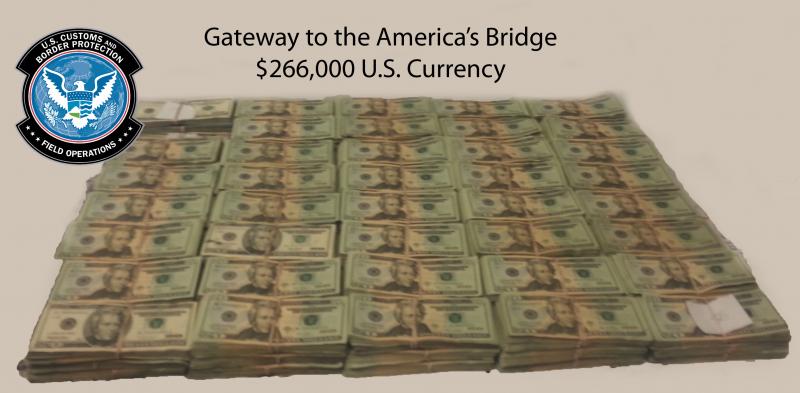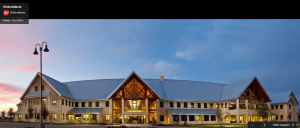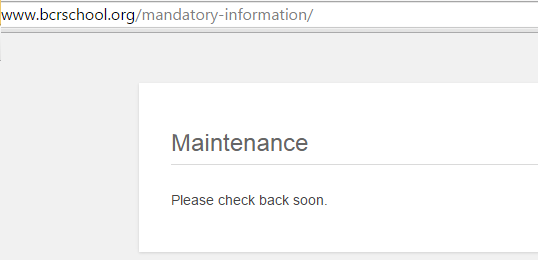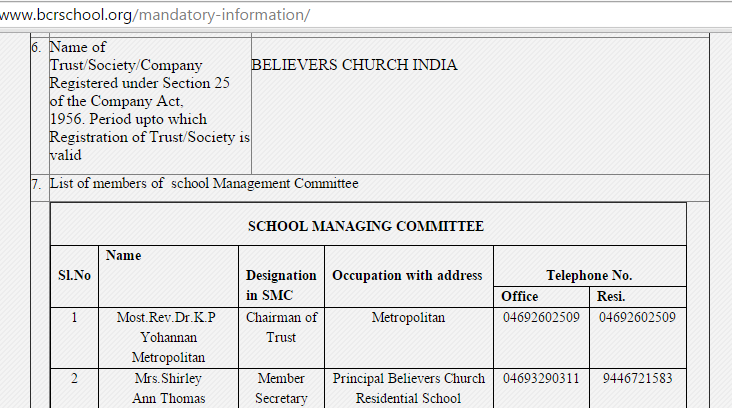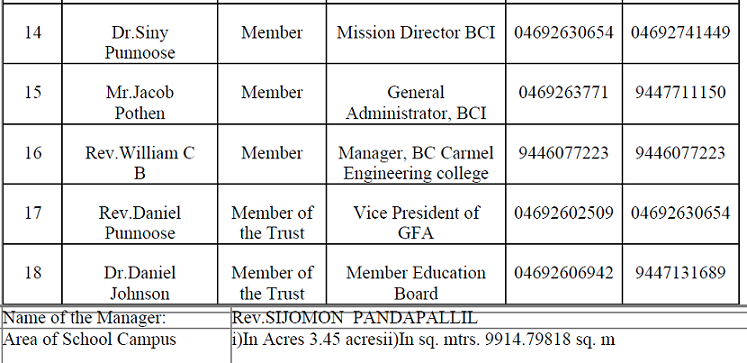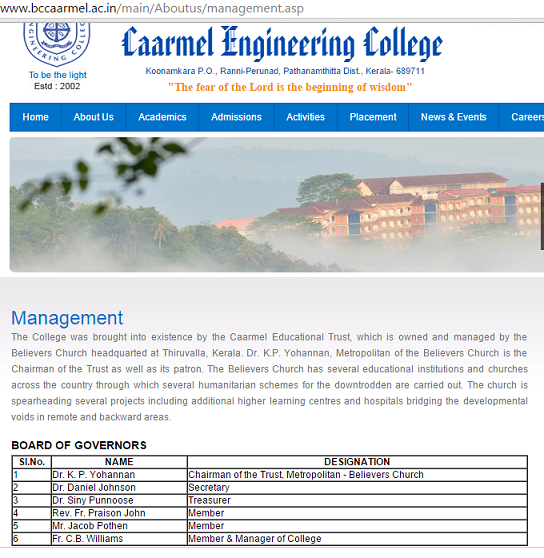Daily, Gospel for Asia affiliates all over the world solicit donations to help support children and mission activities in Asia. GFA affiliates in the U.S., Canada, the UK, Australia and New Zealand collect money from donors and funnel it to various non-government organizations affiliated with GFA in several Asian nations, most notably India, Nepal, Myanmar, Sri Lanka, and Bangladesh.*
I have recently learned that on at least one occasion the flow of funds was reversed. In May, David Carroll and K.P. Yohannan revealed to GFA’s staff that in 2013 Believers’ Church (GFA in India is an arm of BC) gave nearly $20 million to GFA in the United States toward the construction of a new compound in Wills Point, TX. The compound serves as GFA’s headquarters and the location of GFA’s School of Discipleship. I am getting figures together but my estimates of the costs of the compound were between $30-45 million.
Several staff speaking anonymously due to fears of retaliation told me that staff were told by GFA leaders that an anonymous donor gave the large gift to help complete the project. The 2012 and 2013 audits done by Bland Garvey refer to an anonymous donor as well.
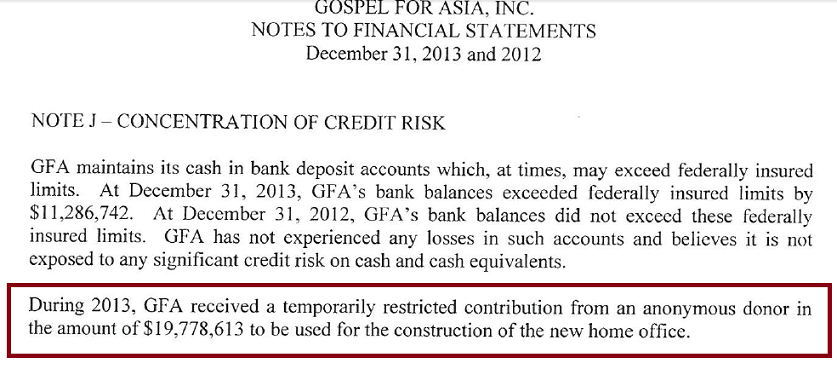
The sentence outlined in red above discloses that GFA received nearly $20 million “from an anonymous donor.” Former staff told me that the impression they had was that a single donor provided the gift and they had no idea that it came “from the field.”
Listen to David Carroll and K.P. Yohannan describe the gift. (Author’s note: When this post was first published I had audio from the staff meeting embedded. On November 13, 2015, I was notified by the management of Patheos that GFA had an attorney demand that Patheos remove the audio. Rather than engage in a costly lawsuit with GFA, management and I decided to remove the embedded audio. Instead, readers may click the link to hear the relevant portion of the staff meeting).
May 14, 2o15 staff meeting.
UPDATE on November 25, 2015: A transcript of the audio can now be read at this link. Not only did GFA demand removal of the audio but they demanded that the transcript be removed as well. I do not agree with this demand and am only doing it until I can determine a better course of action. I will leave some of the significant statements up but for now go to this link to read the entire transcript.
Below is a summary of the audio:
David Carroll told staff that there had been a story about a $19 million dollar anonymous gift for the campus construction. He said he wanted to clear up what happened. He said in April of 2013, GFA leaders went to City Bank of Texas for a loan since GFA was running low on funds for campus construction. He said they were about to get the loan when “Brother KP mentioned it to some of the folks in Asia and mentioned that we were not able to do any better than that. We couldn’t, we would loved to have borrowed money from one of the Asian banks cause actually it’s much better terms, it would be much less costly, we weren’t able to do that being a foreign corporation.”
Carroll then said a board under Believers’ Church sent the nearly $20 million dollars because they thought it would be a good investment. Carroll then asked, “Was it field funds that should have gone to Nepal for earthquake victims or…” and then he was interrupted by K.P. Yohannan. Carroll told Yohannan he was getting to Yohannan’s point. Then Carroll said the board on the mission field “actually took a loan from one of their sources to replace that money so they could use it for the purpose it had been designated for there. So in essence, they got our loan.” He added, “They made that decision to give us that money and they wanted it to be anonymous. And I’m a little sad that it’s not anonymous, but I did want to explain to you where it came from, and the reasons behind it, and so, in their minds it was an investment.”
At that point, KP Yohannan chimed in and said, “It’s legal.”
Carroll added, “It’s completely legal, thank you.”
Carroll then claimed that the transaction was not a related party transaction. He said, “It is not a related party transaction because the board members here, they’re not the same board members as there. In other words, the leadership here did not influence that decision there. Brother KP mentioned it but it was not his decision. He had to get permission…”
KP Yohannan interrupted Carroll to claim that he is only a spiritual father in the Believers’ Church and that he does not “have any legal say or decision about legal matters. My role is a spiritual leadership.” He claimed that he doesn’t sit on any of the trusts in “these countries.”
For the entire transcript, go here.
This narrative raises so many more questions than it answers.
First, the gift
According to the Bland Garvey audit, nearly $19.8 million was given to GFA from the “anonymous donor” which we now know to be an entity of Believers’ Church. According to Carroll, the $19.8 million came from “a board under the Believers’ Church umbrella.” It sounds as though the entity took money given for field work and then replaced it with funds from another source. Carroll said:
But what they did on the mission field is they actually took a loan from one of their sources to replace that money so they could use it for the purpose it had been designated for there. So in essence, they got our loan. There are several income producing entities in Asia. That’s why partly why we have 35% of our church is self-sustaining, by God’s grace now in Asia. And they felt they could pay that loan off very very quickly.
What source has nearly $20 million dollars which can replace money given by donors for designated purposes? So Believers’ Church borrowed $19.8 million from “one of their sources” in order to replace money given for other purposes but given instead as a gift to GFA in the United States. I am not sure about the legality of sending donor money back to GFA when an Indian NGO borrows it from another part of their operation.
I also wonder why the Indian NGO needs donations from GFA affiliates if it can “very very quickly” repay a $19.8 million loan. GFA said they sent $58.5 million to India in 2013 while Indian government reports say only $28.5 million came in. This is one of the big discrepancies GFA refuses to address. For now my purpose is to show how the $19.8 million gift compares to what GFA sends Indian NGOs per year, and as one can see, the $19.8 million gift is a substantial portion in comparison to what they receive each year.
K.P. Yohannan, his board memberships and related party transactions
As I showed in two prior posts, that K.P. Yohannan is referred to in India as the “managing trustee of Believers’ Church.” However, in this staff meeting, Yohannan again says, along with David Carroll, that he is not on any boards and has no legal standing. While it is possible that he might not be on boards at this moment, he was “managing trustee” up until February 2015. He would have been in management at the time these gifts were given. For GFA leaders to have any credibility on this matter, they need to explain the discrepancy between what Yohannan told the staff in May and what their own websites and legal documents filed in India say. They refer to K.P. Yohannan as managing trustee of Believers’ Church.
Furthermore, Yohannan is also the Metropolitan Bishop of the Believers’ Church. Bishops pledge their allegiance and obedience to him. He sits on the boards of GFA (UK) and GFA NZ. He also sits on the interagency council involving Canada, US and Germany. The gifts were given in order to enhance GFA International which Yohannan leads. Carroll said Yohannan “mentioned it.” Why did he mention it if he has no power? In contrast to what David Carroll said, it is hard not to see this as a related party transaction.
This gift was reported by Bland Garvey but not as a related party transaction. It is oddly posted under “Concentration of Credit Risk.”
Many more questions
I will let readers suggest more questions, but here is one. Why did GFA find itself in so much trouble that a gift from the field was necessary? Did they not anticipate that a $40 million project would require funds? According to the records I have seen, GFA only took in a little over $20 million for the building in 2013. In other words, GFA was in the middle of a building project with no funds and no fund raising campaign. They were bailed out by the funds which came from Believers’ Church which is led by the CEO of Gospel for Asia. What builder would undertake a project of that magnitude without knowing something about the funding? What responsible board would start a $40 million project with no idea where the money would come from?
*These are the major donor nations and recipient NGO locations. There may be more donor nations and there are most certainly additional recipient nations but GFA has not provided specific information on the flow of funds to these nations and public records aren’t readily available.
Transcript:
David Carroll: There is, I don’t want to call it a rumor, a story, an inquiry about, what about the $19 million anonymous gift that was given for the campus back a year or so ago? What’s that all about? Did that come from the mission field, from field funds? So I want to explain that gift to you so that you know.
In about April of 2013, as we were building the campus here, we were running pretty critically short on money. We went to a bank at the time, City Bank of Texas, they’re located in Lubbock. Many of you might remember, we were still at the other building and A group of 11 bankers came, talk about a room, 11 bankers and an accountant and John [Beers]. That’s 12 bankers and an accountant. That was a rip-roaring time. Anyway, um, they came interested in our project to loan to it. So we brought them out here, we showed them the whole thing, we explained our vision, and actually we were working toward finalizing that loan, we were at the place of getting terms from them and when we realized the cost of the loan, Brother KP mentioned it to some of the folks in Asia and mentioned that we were not able to do any better than that. We couldn’t, we would loved to have borrowed money from one of the Asian banks cause actually it’s much better terms, it would be much less costly, we weren’t able to do that being a foreign corporation.
And so, what the people in Asia did, and it is a board that is under Believers’ Church umbrella, but Brother KP’s not on that board, it wasn’t his decision. The decision was made by them that since GFA North America had sent so much money to us from undesignated field funds, where needed most funds over the years, and since this campus to us is seen as an international headquarters which will be leadership training, it will be RYPs, which are always fruitful for the field, every time we have an RYP, the field tends to benefit from that. It will save the ministry somewhere between 4 and 5 million dollars a year when we’re at capacity here which is about 350 people. When that happens, we’re going to receive a lot of that extra money back and so they made the decision while we were in that bank loan process, that rather than go with that bank loan, we would like to make an anonymous gift for the campus fund.
And they did that. Was it field funds that should have gone to Nepal for earthquake victims or
K.P. Yohannan: – (Unintelligible)
DC – I was just getting to that.
KP – Sorry
DC – That’s fine. No, it wasn’t. But what they did on the mission field is they actually took a loan from one of their sources to replace that money so they could use it for the purpose it had been designated for there. So in essence, they got our loan. There are several income producing entities in Asia. That’s why partly why we have 35% of our church is self-sustaining, by God’s grace now in Asia. And they felt they could pay that loan off very very quickly. They made that decision to give us that money and they wanted it to be anonymous. And I’m a little sad that it’s not anonymous, but I did want to explain to you where it came from, and the reasons behind it, and so, in their minds it was an investment.
KP – It’s legal.
DC – It’s completely legal, thank you. There’s a board member, board documents as I understand it, I don’t live in Asia, but there’s board documents on the other side. The whole thing was done in complete legality.
By the way, one question, one part of that question was, is this a related party transaction? And the answer is no. It is not a related party transaction because the board members here, they’re not the same board members as there. In other words, the leadership here did not influence that decision there. Brother KP mentioned it but it was not his decision. He had to get permission, actually they told…
KP – I think David, it is important for people to know the person I am. It’s like Paul said in one place he’s a doulos, he’s a servant, another place he’s an apostle, another place he’s a brother, and my role is being a spiritual father of right now about 2.7 million people scattered throughout all these nations and I do not have any legal say or decision about legal matters. My role is a spiritual leadership. You may not have asked that but there are hundreds of trusts and entities in all these countries. I don’t sit on any of those things. There are their own people. And my role is the spiritual leadership. And I hope to some extent that is here also.
